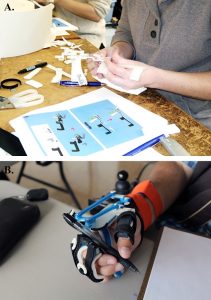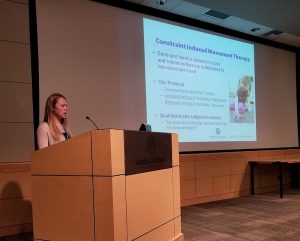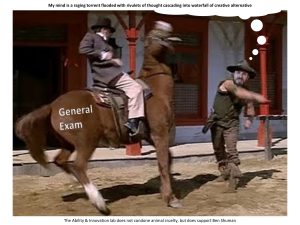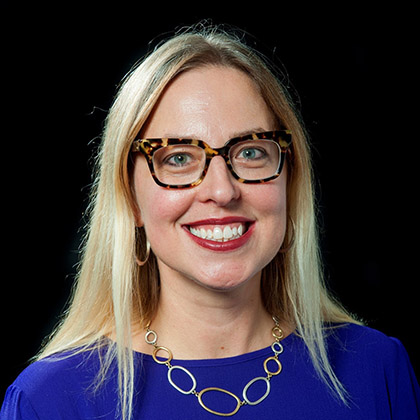Journal article in PLOSOne: In collaboration with the University of Washington Prosthetics and Orthotics Division, a user-centered design approach was used to improve the design and wearability of a passive, wrist-driven orthosis. To read the article in full, click HERE. To access the open-source print files, click HERE.
 Background: Assistive technology, such as wrist-driven orthoses (WDOs), can be used by individuals with spinal cord injury to improve hand function. A lack of innovation and challenges in obtaining WDOs have limited their use. These orthoses can be heavy and uncomfortable for users and also time-consuming for orthotists to fabricate.
Background: Assistive technology, such as wrist-driven orthoses (WDOs), can be used by individuals with spinal cord injury to improve hand function. A lack of innovation and challenges in obtaining WDOs have limited their use. These orthoses can be heavy and uncomfortable for users and also time-consuming for orthotists to fabricate.
Purpose/Methods: The goal of this research was to design a WDO with user (N = 3) and orthotist (N = 6) feedback to improve the accessibility, customizability, and function of WDOs by harnessing advancements in 3D-printing.
Results: The 3D-printed WDO reduced hands-on assembly time to approximately 1.5 hours and the material costs to $15 compared to current fabrication methods. Varying improvements in users’ hand function were observed during functional tests, such as the Jebsen Taylor Hand Function Test. For example, one participant’s ability on the small object task improved by 29 seconds with the WDO, while another participant took 25 seconds longer to complete this task with the WDO. Two users had a significant increase in grasp strength with the WDO (13–122% increase), while the other participant was able to perform a pinching grasp for the first time.
The WDO designs are available open-source to increase accessibility and encourage future innovation.
 abstract on monitoring Constraint-Induced Movement Therapy (CIMT), a therapy for children with hemiplegic cerebral palsy (CP), at the Seattle Children’s Hospital (SCH) Grand Rounds this past week. The Grand Rounds are a time to present research, new ideas, and translational science to medical personnel of varied background.
abstract on monitoring Constraint-Induced Movement Therapy (CIMT), a therapy for children with hemiplegic cerebral palsy (CP), at the Seattle Children’s Hospital (SCH) Grand Rounds this past week. The Grand Rounds are a time to present research, new ideas, and translational science to medical personnel of varied background.



